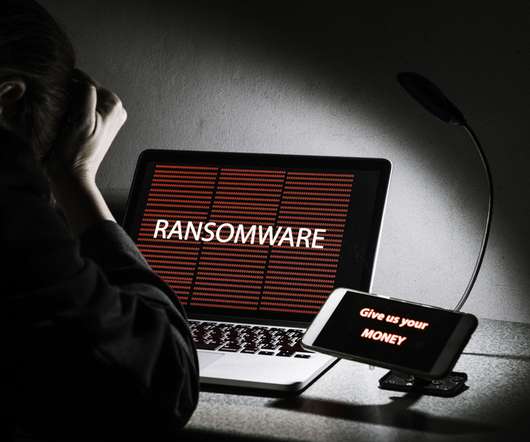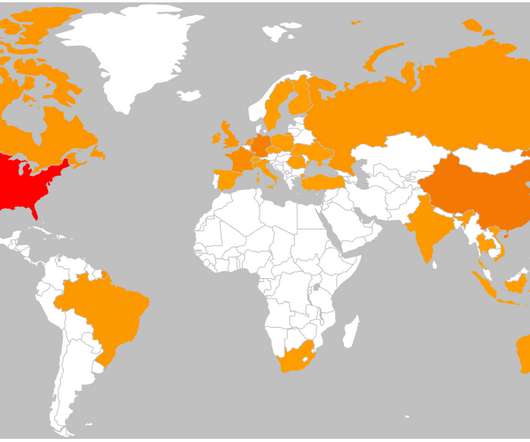Ransomware Cyber Attack on Molson Coors
CyberSecurity Insiders
MARCH 11, 2021
Highly placed source say that the Chicago based company could have been hit by a file encrypting malware attack that could have brought the IT infrastructure operations of the multinational drink and brewery firm to a standstill. The post Ransomware Cyber Attack on Molson Coors appeared first on Cybersecurity Insiders.












Let's personalize your content